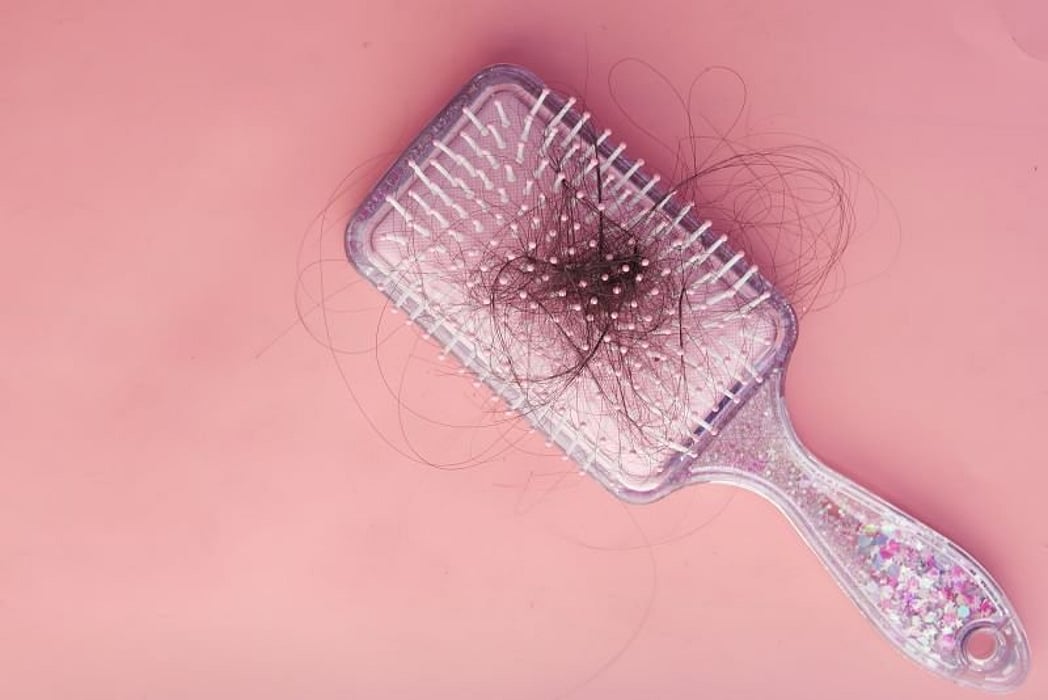Study Looks at Treatment Patterns for Alopecia Areata

WEDNESDAY, Sept. 20, 2023 (HealthDay News) -- For patients with alopecia areata (AA), corticosteroids are the most commonly used treatment, and by one year, 71.8 percent are receiving no treatment, according to a study published online Sept. 20 in JAMA Dermatology.
Hemin Lee, M.D., M.P.H., from Brigham and Women's Hospital in Boston, and colleagues conducted a retrospective cohort study involving 45,483 individuals to review treatment patterns for adults newly treated for AA between Oct. 15, 2015, and Feb. 28, 2020.
The researchers found that 66.4 percent of the participants received at least one AA treatment during the year of follow-up. The most common treatments were intralesional, topical, intramuscular, and oral corticosteroids (41.8, 40.9, 38.1, and 20.6 percent, respectively). Patients with versus those without alopecia totalis and alopecia universalis had a lower frequency of intralesional steroid use (11.1 versus 44.1 percent) and higher frequency of topical corticosteroid use (25.4 versus 42.1 percent). On the day of diagnosis, 47.2 percent of patients received no treatment. Overall, 71.8 percent of patients were not receiving any treatment by 12 months.
"The most common treatments in this cohort were intralesional or topical corticosteroids, and there was a dynamic change in treatment over the course of a year, culminating with no prescription therapy for most patients," the authors write. "Additional studies are needed to understand the reasons for treatment absence after one year of follow-up."
Two authors disclosed ties to the biopharmaceutical industry.
Abstract/Full Text (subscription or payment may be required)
Related Posts
¿Tocar la batería podría ayudar a superar el autismo?
MIÉRCOLES, 1 de junio de 2022 (HealthDay News) -- La habilidad de percusión...
Fetal Mortality Rate 5.73 Per 1,000 Live Births in 2021 in U.S.
WEDNESDAY, July 26, 2023 (HealthDay News) -- 2021 saw a fetal mortality rate of...
